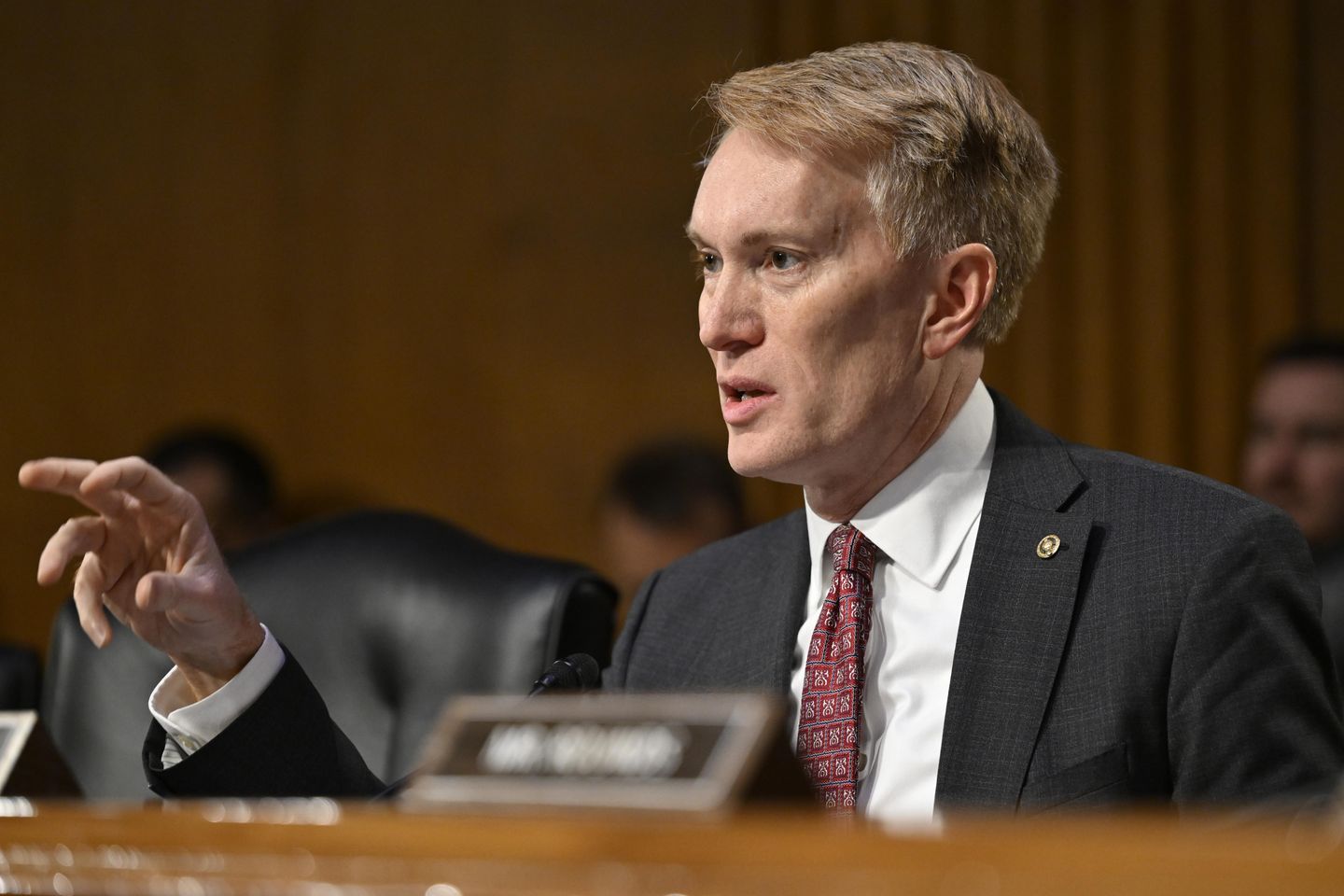
Don’t miss the full story from our staff writers, whose reportage is the basis of this article.
Senate Republicans have stripped a controversial tax increase on private foundations from President Trump’s budget reconciliation package, though philanthropic organizations remain concerned it could still appear in the final legislation. The House-passed provision would have imposed steep tax hikes on foundations with assets exceeding $50 million, creating a tiered system that starts at 2.78% and escalates to 10% for foundations with over $5 billion in assets.
Currently, all private foundations pay a flat 1.39% excise tax on their net investment income. The proposed increases would affect nearly 2,900 foundations and generate an estimated $16 billion over the next decade, according to the Joint Committee on Taxation. However, philanthropic groups argue this represents a massive tax hike of up to 619% that would severely damage charitable giving capacity.
The Philanthropy Roundtable and other conservative organizations sent a letter to Senate leaders arguing the tax increase contradicts conservative principles and Trump administration goals of reducing government size. They contend that private foundations should be viewed as partners in filling gaps left by reduced government programs, not as revenue sources for expanded federal spending.
House tax writers defended the proposal, claiming it’s designed both to raise revenue and encourage foundations to spend more money on charitable activities rather than operating like hedge funds. Reps. Kevin Hern and David Schweikert argued that foundations holding onto money should face taxation similar to profit-making companies.
Foundation advocates dispute these characterizations, noting that federal law already requires foundations to distribute at least 5% of assets annually for charitable purposes, with most exceeding this requirement. The median payout rate consistently surpasses 5%, with averages often reaching 7%.
A foundation executive, speaking anonymously, illustrated the potential impact using a $5 billion endowment example. Under current law, such a foundation earning 7% returns would pay $4.9 million in taxes. Under the House proposal, the same foundation would owe $35 million, resulting in a nearly 10% decline in charitable impact.
The executive warned that the tax increase could actually reduce charitable giving since taxes count toward the 5% spending requirement, potentially diverting funds from charitable activities. She emphasized that private foundations provide crucial “seed experimentation” funding for testing innovative approaches before public investment, making their protection strategically important for effective use of taxpayer dollars.
While Senate Republicans removed the provision from their version, foundation leaders remain vigilant about its potential inclusion in final negotiations.
This article is written with the assistance of generative artificial intelligence based solely on Washington Times original reporting and wire services. For more information, please read our AI policy or contact Ann Wog, Managing Editor for Digital, at awog@washingtontimes.com
The Washington Times AI Ethics Newsroom Committee can be reached at aispotlight@washingtontimes.com.


![Former Bravo Star Charged After Violent Assault Using a Rock-Filled Sock in Tennessee Walmart [WATCH]](https://www.right2024.com/wp-content/uploads/2025/07/Former-Bravo-Star-Charged-After-Violent-Assault-Using-a-Rock-Filled-350x250.jpg)



![Karoline Leavitt Levels CNN's Kaitlan Collins and Other Legacy Media Reporters [WATCH]](https://www.right2024.com/wp-content/uploads/2025/07/Karoline-Leavitt-Levels-CNNs-Kaitlan-Collins-and-Other-Legacy-Media-350x250.jpg)
![Man Arrested After Screaming at Senators During Big Beautiful Bill Debate [WATCH]](https://www.right2024.com/wp-content/uploads/2025/06/Man-Arrested-After-Screaming-at-Senators-During-Big-Beautiful-Bill-350x250.jpg)
![Illegal Alien Walked Free After Decapitating Woman, Abusing Corpse for Weeks [WATCH]](https://www.right2024.com/wp-content/uploads/2025/07/1753013138_Illegal-Alien-Walked-Free-After-Decapitating-Woman-Abusing-Corpse-for-350x250.jpg)







